Crow’s Nest: Bug Blog
By Alison Joyce, Stewardship and Education Intern.
“Bugs are gross”. It was a maxim that I had held since I was old enough to scream, “Ew! A bug! Dad, kill it!”. I mean, I guess I always liked butterflies and lightning bugs…but everything else with six legs or eight eyes was my mortal enemy and had to be squashed (by someone else) IMMEDIATELY.
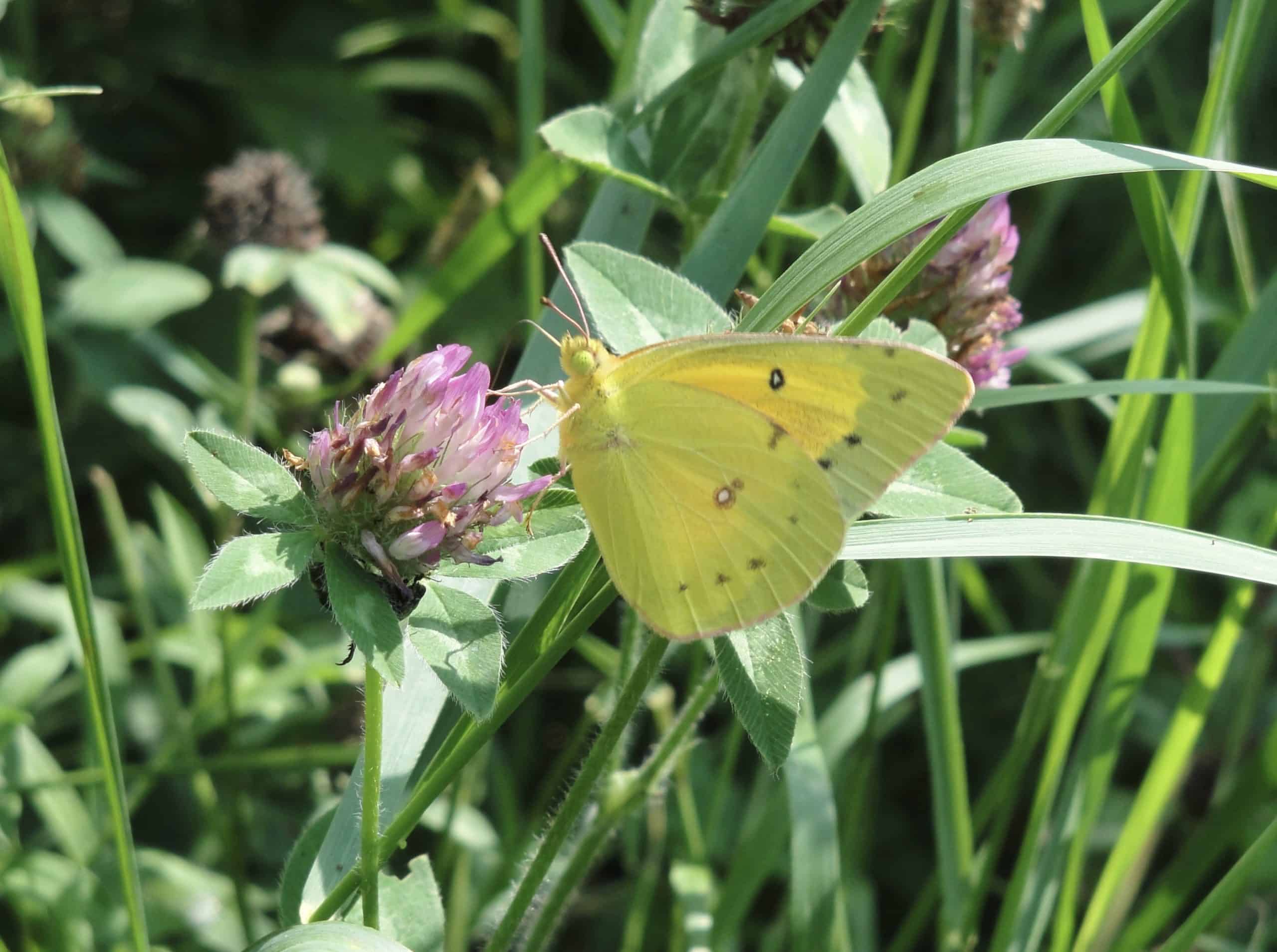
Photo: Alison Joyce
However, when I began working with the kids who attend Crow’s Nest Nature Clubs, that attitude began to change. One of our rules is “respect nature”, so if I wanted the children to follow that rule, I had to change my cries of “Ew! A bug, gross!” to “Ooo!! A bug!! Who wants to see a cute beetle?!”
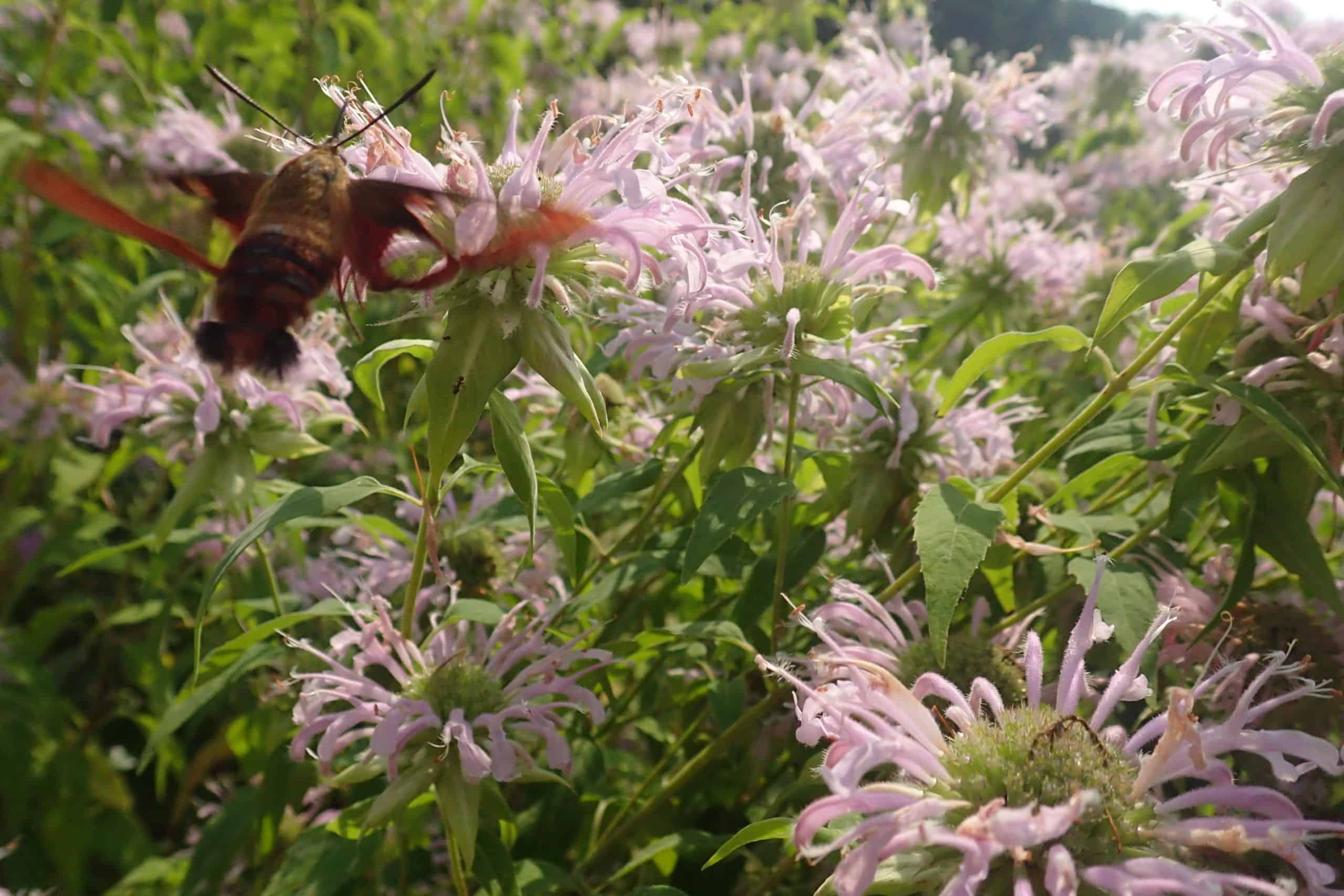
Photo: Alison Joyce
And don’t you know, that over time I started to actually be interested in these bugs myself. I learned to be less preoccupied with my momentary startlement at a face-full of spiny orb weaver web and instead to become fascinated by their ornately decorated abdomens.
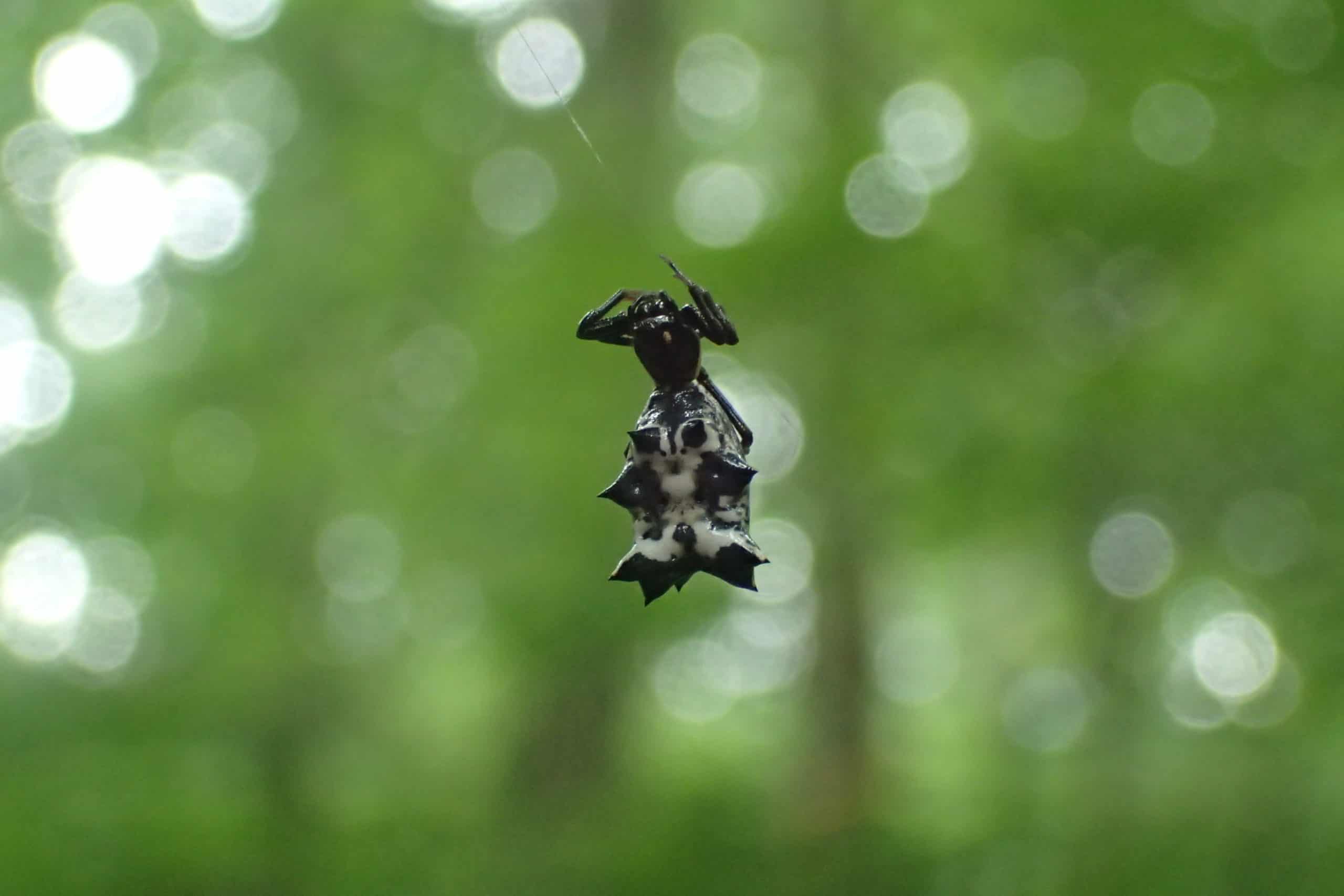
Photo: Alison Joyce
I learned to exchange my disgust at the sliminess of slugs and snails for appreciation of their slow and steady persistence. In fact, the more I learn about insects and their humble and unfailing contributions to the food webs that I depend on for my existence, the more my attitude towards them changes from one of disgust to one of admiration. That admiration is given to not only the photogenic group like butterflies, nor only the nostalgic species like lightning bugs, but also to the species that I used to loathe and fear as a child like spiders and slugs.
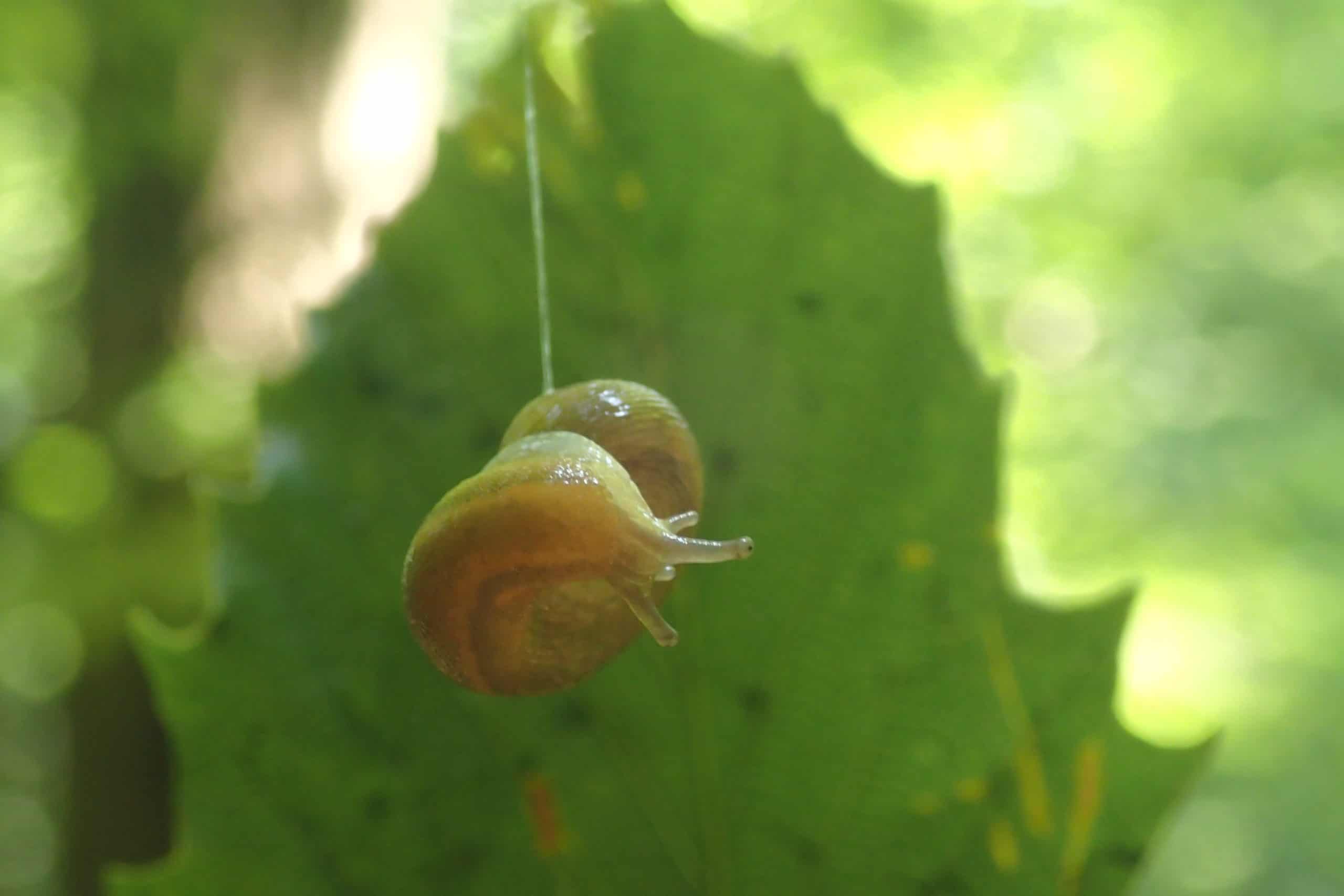
Photo: Alison Joyce
Quietly, graciously, insects live their lives – which often are ephemeral when compared to a human. They weather the elements, hunt for food (while avoiding becoming food themselves) and act together with plants, fungi, and bacteria to create the foundations of the intricate food webs which allow more biologically complex species (such as humans) to enjoy our lives on Earth.
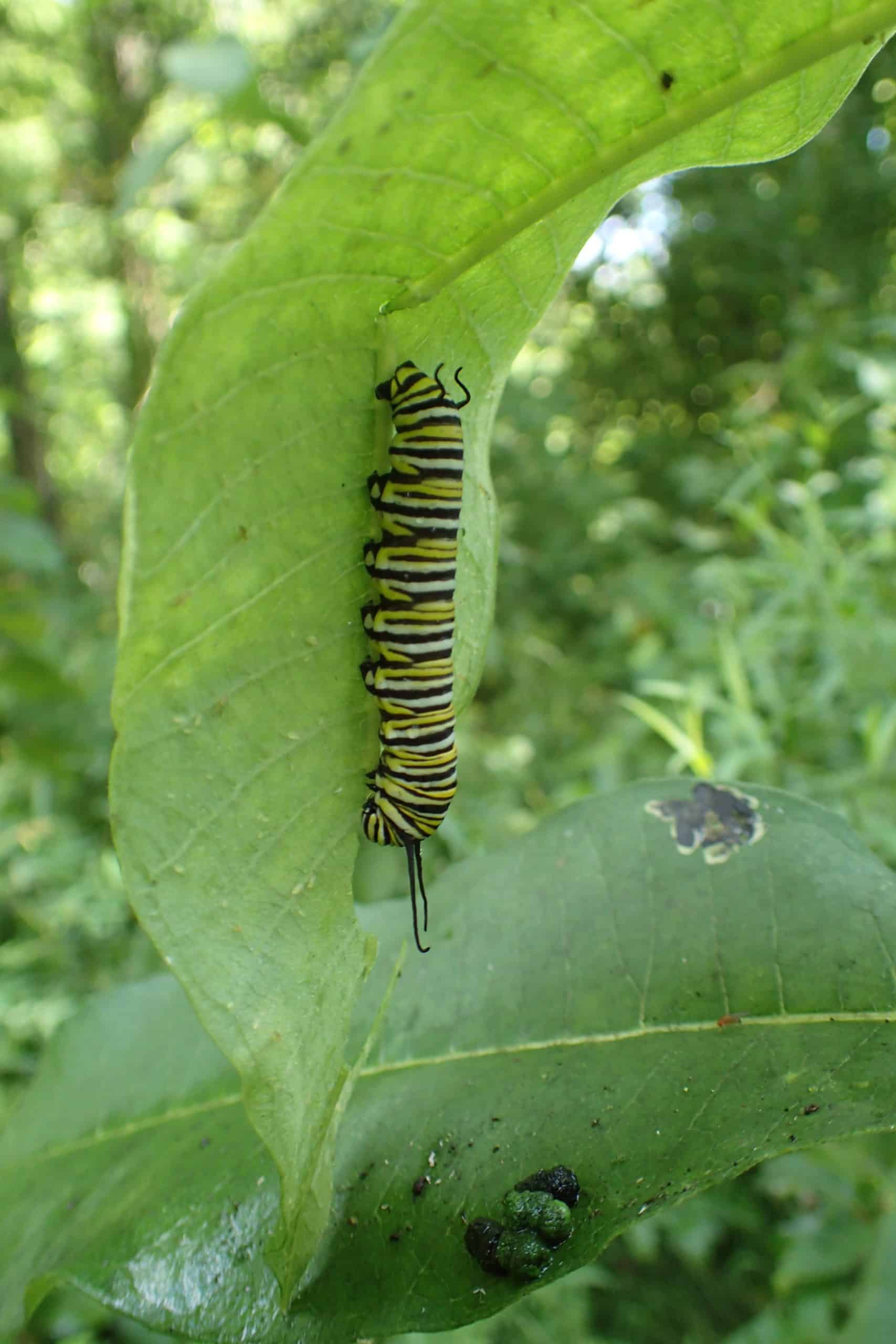
Photo: Alison Joyce
Unfortunately, due to human-caused stressors such as habitat loss and pesticides, those numbers are in significant decline. They may seem unimportant and even annoying at times (let’s be real, no one enjoys being bitten by mosquitos), but insects pollinate our crops and become food for the birds and frogs that we love to hear singing come Spring.
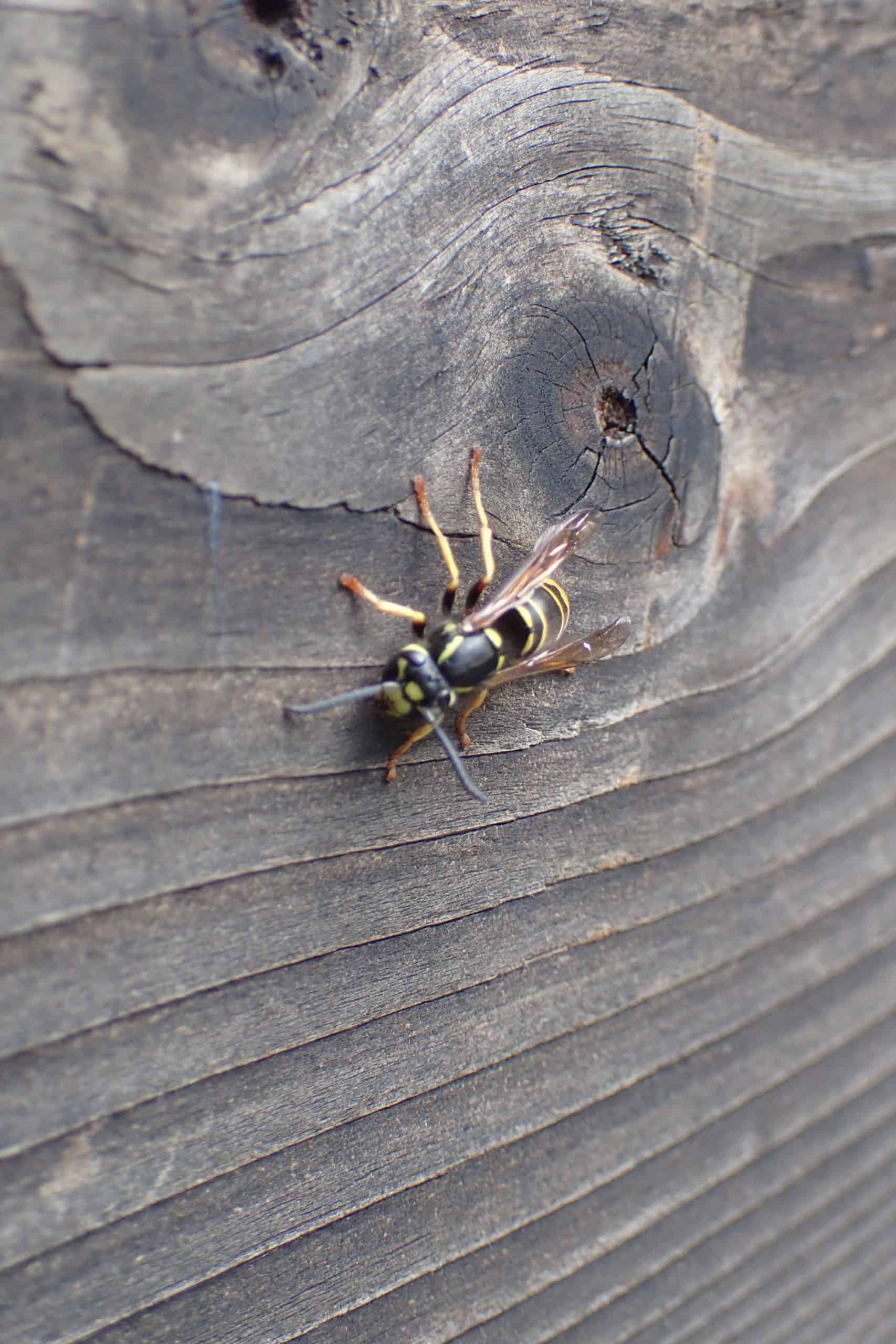
Photo: Alison Joyce
The knowledge of how the wellbeing of insects intertwines with my own has been available to me for my whole life, but I was only open to it once I started to force myself to see these creepy-crawly-critters as worthy of my acknowledgment and respect.
So go on, change your words from, “Ew!” to “Wow!” and see where it leads you!
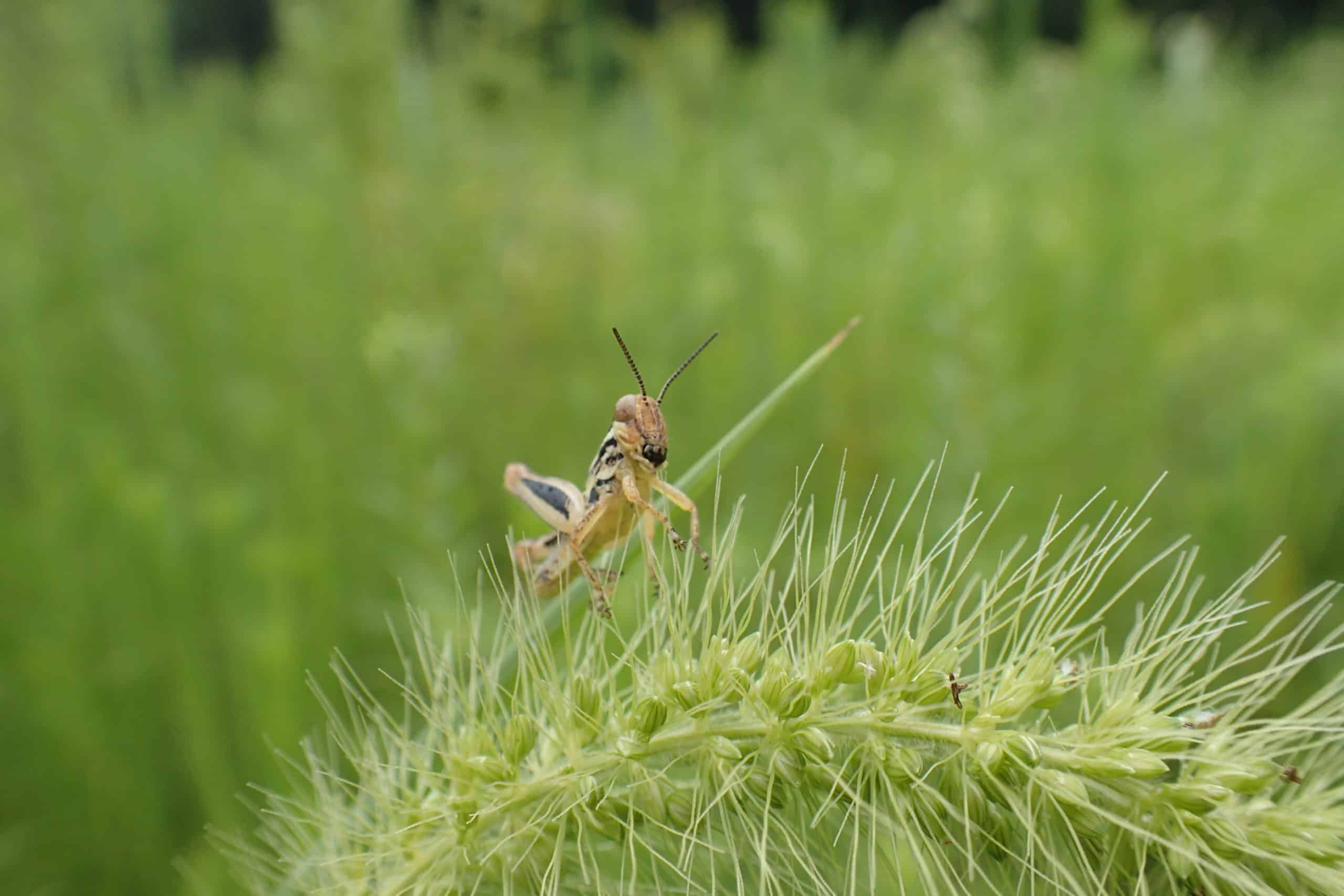
Photo: Alison Joyce
